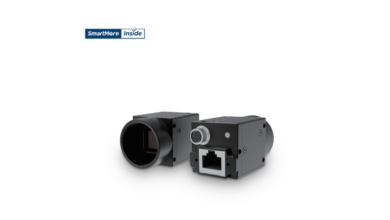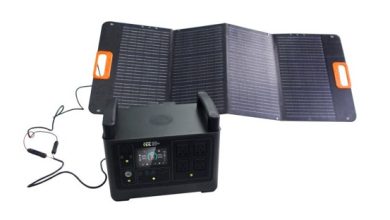Say Goodbye to VPNs: Unveiling the Ultimate Solution for Hybrid Work’s Secure Remote Access!

Times have changed, and so has the technology around us. We are facing these rapid changes in the tech industry while trying to adjust to the pace of development and life. To adapt to the ever-changing work landscape, you must stay dynamic and on your toes.
The work-from-home or remote working culture is also a result of technological change but more of the COVID-19 effect. When the pandemic struck the world, humanity saw a shift in the perspective of life. The pandemic forced people to work from their homes, remotely, and in a hybrid system. But soon, this became a choice.
With this change in the type of working system, people have observed some plus and minus factors of the technology. This was when people realised that VPNs had grown outdated and we needed something else, a VPN alternative, to support our remote work.
Why is it necessary to replace a VPN with a VPN alternative?
-
Challenges with Traditional VPNs:
- Due to the increasing workload and distance working, the VPNs started showing signs of strain and stress.
- This created network congestion and a reduced quality of performance. While VPNs are very resource-intensive, they always make the website’s capability a concern.
- Users connect to a third party through VPNs, and once both parties have entered, it allows broad access to users. This risks exposure and becoming vulnerable to cyber-attacks.
- The VPNs are also responsible for slow connection speed, unstable connections, and weak logging policies, and they do not guarantee total protection (no matter what).
-
Benefits of VPN-less Secure Remote Access Solution
- There are various benefits to the secure remote access solution, but security is the biggest one. It takes a more granular approach to securing the system according to application. Hence, the organisation can define access policies based on specific applications. This enhances security and reduces the risk of attacks.
- VPN less secure remote access is innately very scalable, flexible, and capable of accommodating a huge and growing number of remote users. That, too, without compromising the performance. Thai ensures a continuous and secure user experience, regardless of the location.
- The VPN-less solution significantly improves the user experience. In contrast to VPNs, they are not slow and frustrating. That is because these secure remote access solutions optimise performance through cloud-based ways. It gives users a seamless and responsive connection, fostering great productivity and satisfaction among the employees even when working remotely.
Conclusion:
As we enter the hybrid and remote working era, we must welcome new ways of hosting the work.
When the type and format of the work change, and the host remains stiff and not dynamic, the host must change, too. That makes a VPN less secure remote access system a better choice than a VPN.
As the companies try to find a way to balance both factors, this shift to a VPN alternative is sinking well due to better security and flexibility.





